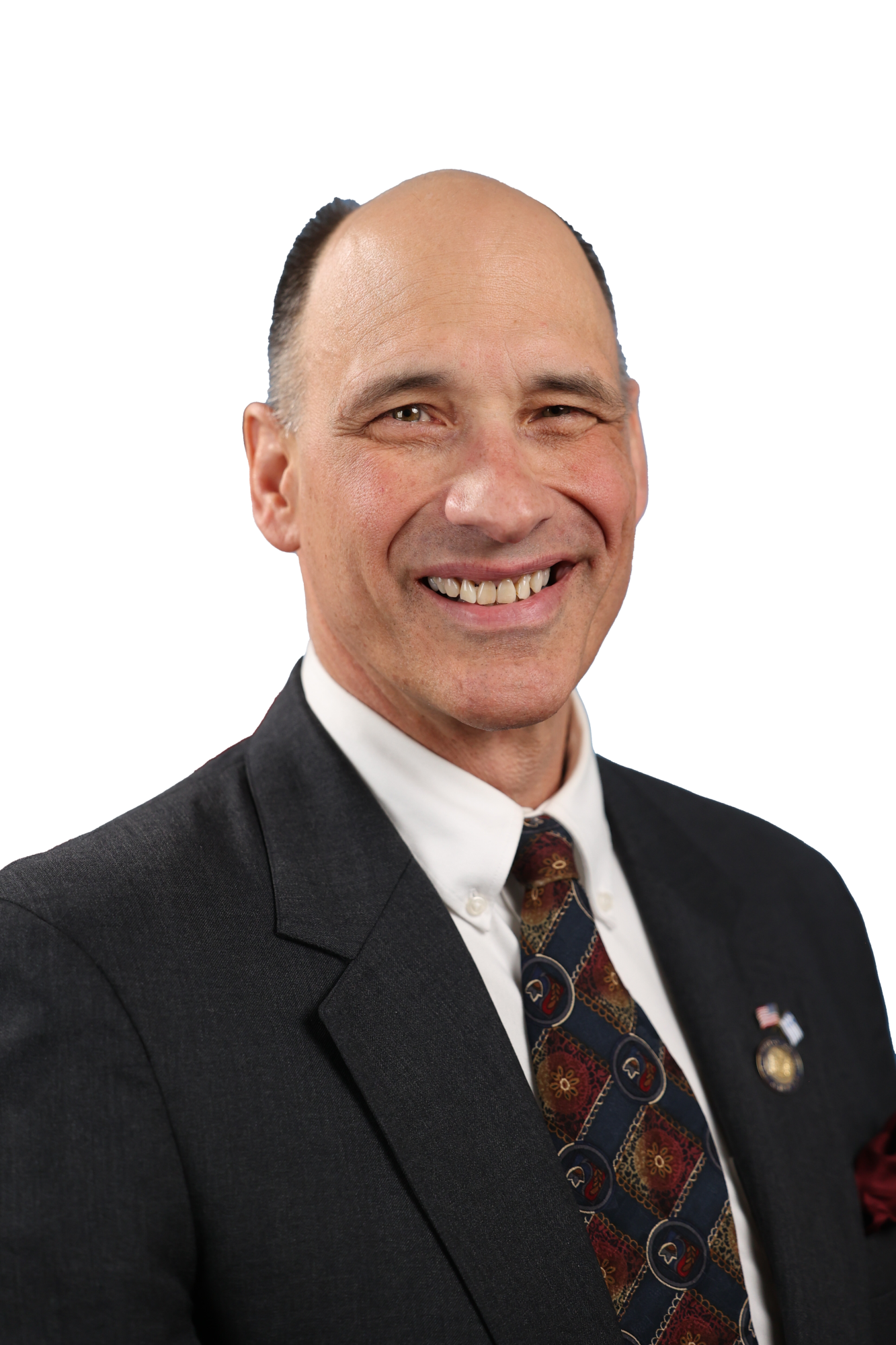The State of Our Local Correctional Facilities
A Column from the Desk of Assemblyman John Lemondes (R,C,I-Lafayette)
After recently visiting the Auburn Correctional Facility, I am amazed at how different it was from my perception of what a “prison” was and how it functions. As a huge proponent of law enforcement and public safety, monitoring the conditions in which inmates are kept is something I intend to continue to do. In order to ensure the safety of those entrusted to guard, educate, care, and feed the inmates you must have first-hand working knowledge of just how dangerous their jobs are. I thought I would share my thoughts on the importance of this facility, not only as the oldest working prison in the country, but also as the rehabilitative center that is for some of the most dangerous within our population.
From the conversations I’ve witnessed in the legislature from those who want these facilities shut down wholesale, the theme seems to be the rights of the convicted above all. It’s an odd perspective to take, given that most inmates who reside in correctional facilities got there because of their own heinous actions. The men and women in these more secure facilities today are often not small-time criminals who just had a bad day, but those who have committed serious crimes, from murder to sexual assault, to physical abuse of people and drug trafficking. The reality in these places is that these are hardened lawbreakers that oftentimes repeat crimes. Some are there as a result of societal failure to recognize or meet their mental health needs or other serious deprivations, while others simply chose to break the law. The last thing I want is a community overrun with these types of harmful individuals, and I cannot for the life of me understand why there are those who don’t understand that.
Perhaps it’s because the legislators who are crafting many of these laws don’t speak or work with the men and women who maintain and supervise these facilities and rehabilitate those incarcerated there? From wardens to correctional officers to even regular staff consisting of educators, medical and dental personnel, social workers, maintenance crewmen, I’ve had the honor and privilege to get to meet the people that take care of inmates while safeguarding us from them. Their jobs are demanding, stressful, and oftentimes unforgiving. They go into a tough environment every day that can send them into harm’s way, due to how the laws are now [ironically] stacked against them. How did this happen? Ask the people that passed the bail reform last year and the HALT Act this year. However, this legislator saw honor, commitment, integrity, professionalism, strength of character, compassion and humility in our workforce there.These are great people who put on a uniform that means something and who have families that count on them. They are hardworking solid everyday Americans serving their Nation and communities 24/7. To continue to belittle them by threatening their livelihoods with talk of shutdown and telling facilities how to run their operations, tells me that, once again it’s not about care for inmates, the community, or those who serve either — it’s all an agenda.
While not only protecting us, these facilities offer inmates opportunities that will benefit their productivity both during and after their time served. They coordinate locally to provide education opportunities including carpentry and barbering, they have specialists on-call and in-house to provide mental health and physical therapy, and various employment opportunities to serve their fellow inmates such as running the kitchen. Several state programs exist to ensure that despite their record they will have the chance to be treated fairly once they have paid their dues to society. The very nature of a prison system is not just for the internment of lawbreakers, but for the rehabilitation and reconciliation of them. And that’s what doubters and political agenda-setters don’t understand: if they really cared about the inmates, they would want to divert more funding and more attention to these facilities.
Oftentimes, the conversation rolls around this idea that correctional facilities are inherently evil. They are, in fact, a necessity. Criminals will always exist, and it is the state’s responsibility to ensure they are separated from the remainder of society so as not to immediately reoffend or threaten other members of the community. The solution is not to shut these facilities down, but to continue to improve upon them to ensure they have adequate resources and infrastructure to function. That could come in the form of more state funding, which could be used to improve rehabilitation programs, or something as simple as hiring more staff to ensure that security is never threatened. I believe, if anything, the solution is to find ways to improve what we have. It’s easy to throw something away and forget about it, but it’s in our best interest to take what we have and make it better.
